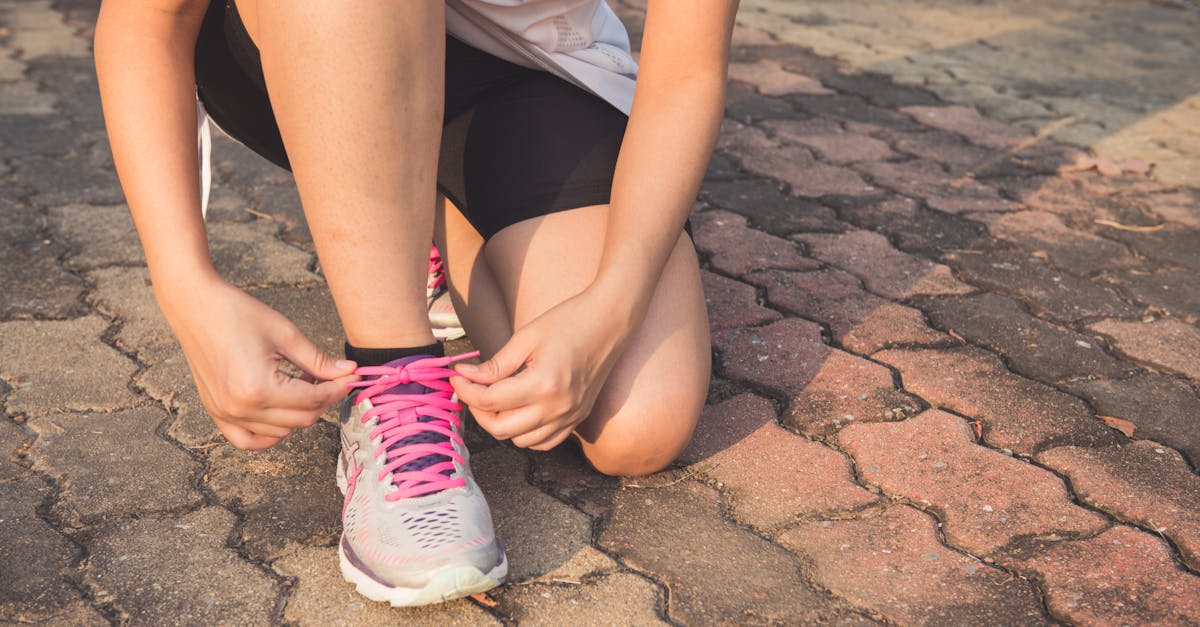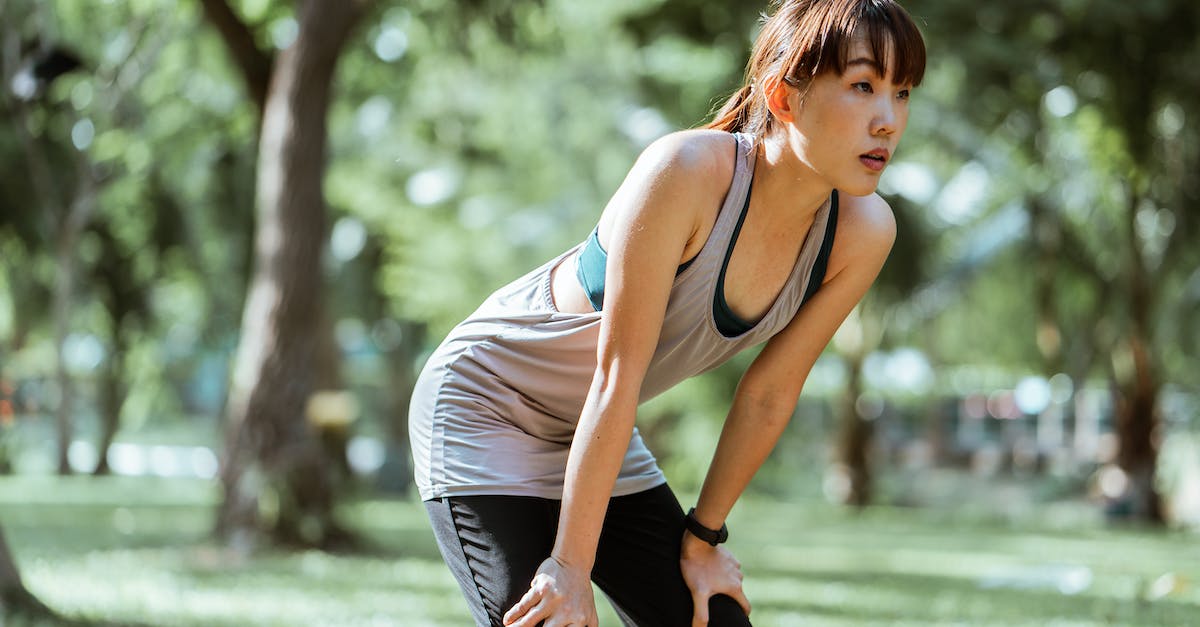As park athletes, we know the importance of recovery in enhancing our performance and preventing injuries.
In our post, we explore effective recovery techniques tailored to meet the unique demands of our training and competitions.
From optimizing rest periods to incorporating mobility exercises, we investigate into strategies that can help us bounce back stronger and faster.
By implementing these recovery techniques into our routine, we can maximize our athletic potential and maintain peak physical condition. Whether we are skateboarders, climbers, or BMX riders, prioritizing recovery is key to sustaining our progress and pushing our limits. Let’s unlock the secrets to faster recovery and improved performance in our park endeavors.
Key Takeaways
- Recovery is crucial for park athletes to prevent injuries and enhance performance.
- Prioritizing rest periods and hydration is essential for effective recovery and muscle repair.
- Incorporating mobility exercises like stretching and yoga helps improve flexibility and reduce muscle tightness.
- Proper nutrition with a focus on whole foods and staying hydrated is key for optimal recovery and performance.
- Consistency in implementing recovery techniques such as active recovery, foam rolling, and adequate rest is vital for maximizing athletic potential.

Importance of Recovery for Park Athletes
Recovery is crucial for park athletes like us. It helps prevent injuries and boosts performance. Giving our bodies time to rest after intense activity is key to long-term success. Without proper recovery, we risk burnout and overuse injuries. Incorporating techniques like stretching and foam rolling into our routine can make a significant difference. Find more tips on recovery for athletes at Sports Medicine Information.
Being proactive about recovery maximizes our potential and keeps us on top of our game. Whether we’re into skateboarding or BMX riding, prioritizing rest and recovery can take our performance to the next level. Embracing these practices is not a sign of weakness but of commitment to our sport. Investing in recovery now will ensure we can continue to enjoy our favorite park activities for years to come.
Optimizing Rest Periods
When it comes to rest periods, we must remember their importance in our recovery routine. It’s essential to listen to our bodies and allow for adequate rest between intense training sessions. By incorporating strategic rest periods, we give our muscles the chance to repair and grow stronger.
During rest periods, hydration plays a crucial role. It’s recommended to drink plenty of water and replenish electrolytes to support muscle function and recovery. Also, proper nutrition is key during these times to fuel our bodies with the nutrients they need to repair and recover effectively.
It’s also beneficial to engage in low-impact activities during rest periods. Gentle stretching or a leisurely walk can help promote blood flow and reduce muscle stiffness. Remember, rest is just as important as training when it comes to achieving optimal performance.
For more information on the benefits of rest periods in athletic training, check out this resource on Sports Health.

Incorporating Mobility Exercises
When it comes to recovery, mobility exercises play a key role in keeping our bodies flexible and injury-free. These movements help in improving range of motion and reducing muscle tightness. Incorporating stretching routines can enhance blood circulation and promote muscle recovery. We recommend adding exercises like yoga or pilates to your routine to increase flexibility and maintain joint health.
Also, focusing on exercises that target mobility can help prevent injuries and improve overall performance. Dynamic stretching before activities and static stretching after can aid in muscle recovery and reduce the risk of strains. Remember, staying mobile is essential for park athletes to perform at their best.
For more information on the benefits of mobility exercises, check out this resource on stretching techniques or visit Mobility Matters for expert mobility advice.
Nutrition and Hydration Recommendations
When it comes to nutrition for park athletes, eating well is key. It’s important to focus on whole foods like fruits, vegetables, lean proteins, and whole grains. These foods provide essential nutrients that support muscle recovery and overall performance.
Staying hydrated is also crucial. Drinking enough water helps maintain muscle function and supports recovery. For park athletes, it’s recommended to keep a water bottle handy during workouts and throughout the day.
Also, consider consulting a nutritionist for personalized advice on fueling your body effectively. For more tips on athlete nutrition, you can visit the National Collegiate Athletic Association website.
Remember, proper nutrition and hydration play a significant role in optimizing your recovery and performance as a park athlete.

Implementing Recovery Techniques
When it comes to recovery, consistency is key. Active recovery such as light exercise, stretching, or yoga can help improve circulation and prevent stiffness. Adequate rest is crucial for the body to repair and rebuild after strenuous workouts. Sleep, our body’s natural recovery mechanism, is non-negotiable for optimal performance.
We also recommend utilizingfoam rolling or massage to relieve muscle tension and enhance recovery. Listening to our bodies is essential; if something feels off, it’s important to seek professional advice to prevent injuries. Incorporating these recovery techniques into our routine can maximize our performance and enjoyment in park athletics.
For more tips on active recovery, check out this article from Sports Health.

